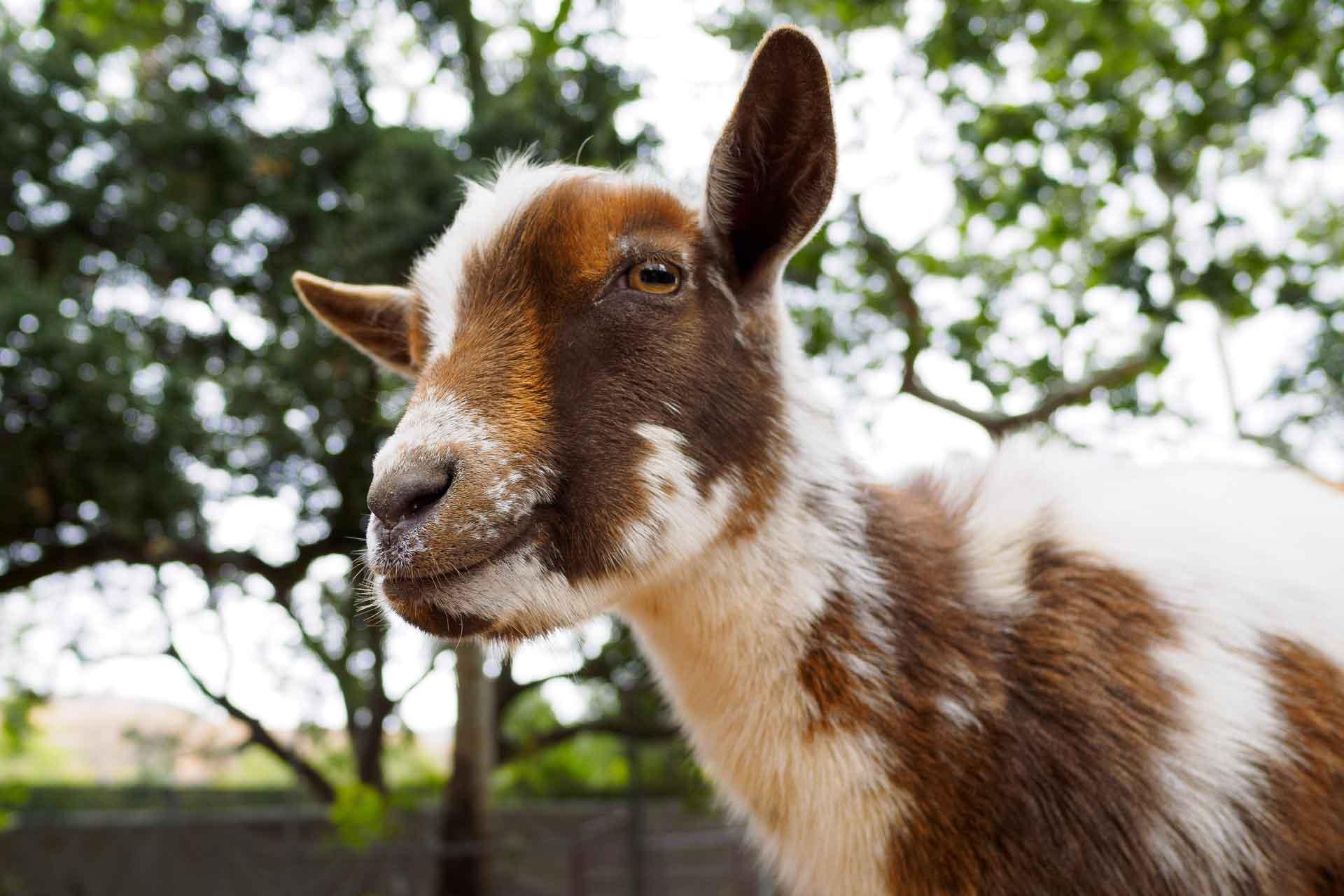In the last 15 years there has been a concerning increase in the spread of the livestock viral disease, peste des petits ruminants (PPR), which costs $1.45-$2.1 billion (USD) in losses annually. Recently, Pirbright scientists have put forward their expertise to support the Food and Agricultural Organisation of the United Nations (FAO) and the World Organisation for Animal Health (OIE) eradication strategy.
Dr Dalan Bailey, leader of the Viral Glycoproteins group has recently worked with PPR experts from Pirbright, FAO and MRC-University of Glasgow Centre for Virus Research to explore the biology of this disease, and identify vital areas that must be better understood if PPR is to be eradicated. Together they have collated this information and published an article in the Journal of General Virology.
Dr Bailey said: “We hope that this review will highlight the most pressing issues and trigger debate amongst the scientific community, but most importantly encourage researchers to take action.”
Literally translating to ‘plague of small ruminants’, the PPR virus currently threatens 80% of sheep and goat populations around the world. The disease is now endemic in over 70 countries across Africa, the Middle East and Asia, disrupting the economies of developing countries where communities rely on their livestock for food and income.
As the global human population expands, so too does the need for animal products such as meat and dairy. It is expected that the demand for sheep and goat produce alone will rise 177% by 2030, making the eradication of PPR even more pressing.
Scientists at the Institute were heavily involved in the FAO and OIE campaign to eliminate rinderpest, which in 2011 was formally declared eradicated, making it only the second virus to achieve this status after smallpox. Rinderpest is closely related to PPR, which well positions Pirbright’s experts to aid in the fight against this damaging disease.
